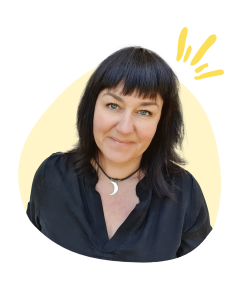For many autistic adults—particularly women and those who were missed as children—self-identifying as autistic is the first step in understanding who they are. Yet, in some circles, that understanding isn’t enough. Some online communities exclude undiagnosed people, some professionals dismiss self-identification entirely, and a lot of people argue that without a clinical diagnosis, you can’t really know if you’re autistic.
But here’s the reality: for many, a formal autism diagnosis is either inaccessible, unnecessary or even actively harmful. The question isn’t just Do I need a diagnosis?—it’s What will a diagnosis actually change for me?
Why So Many Go Undiagnosed
Getting a formal autism diagnosis as an adult is often far from simple. In the UK, NHS waiting lists for adult autism assessments can stretch beyond a decade. Some diagnostic services are so overwhelmed they’ve closed their lists entirely. Private assessments can be prohibitively expensive, especially when autistic adults are statistically more likely to be unemployed or underemployed.
Even if you can access a diagnosis, there’s no guarantee of being taken seriously. Many GPs still hold outdated views of autism, assuming it only presents as it does in young, white, non-speaking boys. Women, people of colour, and LGBTQ+ individuals are frequently misdiagnosed with depression, anxiety, borderline personality disorder (BPD), or bipolar disorder—because when doctors see distress, they assume mental illness, not neurodivergence.
The Benefits of Diagnosis (When It’s Possible)
For those who can access it, a formal diagnosis can be life-changing. It can provide:
- Validation: Official confirmation that you’re not imagining things or making it up.
- Legal Protection: The ability to request workplace accommodations under the Equality Act.
- Clarity in Mental Health Treatment: A correct diagnosis can help avoid misdiagnosis and incorrect medication, which is common for autistic individuals mistakenly diagnosed with conditions like BPD or bipolar disorder.
- A Sense of Certainty: Some people feel uneasy without external validation and struggle with self-doubt.
But a diagnosis doesn’t necessarily make life any easier. Even with a formal diagnosis, autistic people often struggle to access meaningful support. Benefits like PIP (Personal Independence Payment) are notoriously difficult to obtain, even for those with an official diagnosis. Workplace adjustments often depend more on an employer’s willingness than on legal protections. And many autistic adults find that after fighting for a diagnosis, they’re left with little more than a piece of paper and the expectation to just get on with it.
The Risks of Diagnosis: When It’s Not Advisable
While diagnosis can be validating, for some people, it’s actually safer not to be diagnosed. In certain countries, being autistic can mean:
- Immigration Barriers: Some nations refuse visas to autistic people, regardless of their abilities or independence.
- Medical Discrimination: Some autistic individuals are denied medical treatments or face assumptions about their competence.
- Conservatorship Risks: Autistic adults in some regions are placed under financial or medical conservatorships, stripping them of autonomy.
- Employment Discrimination: While laws exist to protect disabled employees, the reality is that many employers still discriminate against neurodivergent workers.
For some, self-identifying as autistic is not just the easier choice—it’s the only choice that allows them to live safely.
Self-Identification: Knowing Who You Are
So, what if you know you’re autistic but can’t or don’t want to pursue a diagnosis? Is self-identification enough?
The answer depends on what you need from it. Many self-diagnosed autistic people find immense value in connecting with the autistic community—and that alone can be transformative.
- Finding Your People: If you’ve spent your life feeling like an outsider, discovering autistic friends, mentors, and therapists who truly get you can be life-changing.
- Feeling Understood Without Explaining: The relief of being around others who naturally communicate like you do, who understand sensory struggles and social exhaustion without needing a justification, is profound.
- Developing Self-Compassion: Reframing past experiences through an autistic lens can help heal years of self-doubt and misplaced blame.
- Tailoring Your Life to Suit You: Even without a diagnosis, recognising that you’re autistic can help you make better choices about work, relationships, and daily life.
But What If I’m Wrong?
Self-identifying as autistic comes with its own challenges. Many self-identified autistic people wrestle with self-doubt—the fear that they’re wrong, that they’re somehow “faking it,” or that they don’t deserve to call themselves autistic.
And sure, autism shares traits with other conditions—ADHD, OCD, PTSD, and personality disorders can all have overlapping features. But here’s something important: self-diagnosis isn’t about slapping on a label, it’s about understanding yourself.
If you feel most at home around autistic people, if you relate to their experiences in a deep and fundamental way, if you find relief rather than discomfort in learning about autism—chances are, you belong here.
Does a Diagnosis Define You?
For some, an official diagnosis is crucial. For others, it’s unnecessary. And for many, it’s simply not an option. But regardless of whether you have a formal diagnosis, what matters is that you understand yourself, find community, and live in a way that honours who you truly are.
If you feel comfortable, understood, and accepted around other autistic people, that’s more telling than any medical assessment.






















